What Are the Pros and Cons of 401(k) Loans?
Discover the pros and cons of a 401(k) loan, when it's worth taking, and the risks to your retirement. Check out the details!
Know the pros and cons of 401k loans

When unexpected expenses arise, whether it’s medical bills, home repairs, or debt consolidation, many people look for quick access to cash. For employees with a 401(k) retirement plan, one option is borrowing directly from their own account through a 401(k) loan.
While this may sound appealing, it’s not a decision to take lightly. A 401(k) loan has both benefits and drawbacks that can significantly affect your finances, both now and in the future.
In this article, we’ll explore the main pros and cons of 401(k) loans so you can make an informed choice.
What Is a 401(k) Loan?
A 401(k) loan allows you to borrow money from your retirement savings, usually up to 50% of your vested balance or $50,000, whichever is less. Unlike traditional loans from banks or credit unions, you’re essentially borrowing from yourself.
Repayments are made through payroll deductions, with interest added, typically within a five-year period (unless it’s for a primary residence, which may allow longer terms).
Main Advantages of 401(k) Loans
Now that you understand more about these loans, it’s time to learn about the main advantages of applying for them. Check out a list of each below!
1. Easy Access to Funds
One of the biggest advantages of a 401(k) loan is convenience. There’s no lengthy application process, no credit check, and no waiting weeks for approval.
If your employer offers the option, you can usually access funds quickly, sometimes within just a few days.
2. Lower Interest Rates Compared to Other Loans
401(k) loan interest rates are often lower than those charged by credit cards or personal loans. While the rate varies, it is generally tied to the prime rate plus one or two percentage points.
This can make a 401(k) loan a cheaper alternative if you’re consolidating high-interest debt.
3. Paying Interest to Yourself
Instead of sending interest payments to a bank or lender, you’re paying yourself back. The interest you pay goes back into your retirement account, which helps offset the loss of investment growth during the repayment period.
4. No Impact on Credit Score
Because a 401(k) loan doesn’t involve a credit check, borrowing won’t negatively affect your credit score.
This can be particularly useful if you’re working to improve your credit or need funds without adding another credit inquiry.
The Cons of 401(k) Loans
1. Risk to Your Retirement Savings
The most significant drawback is the potential impact on your retirement future. While the money is out of your account, it’s not invested.
This means you could miss out on years of potential market growth and compound interest, which can have a big effect over decades.
2. Repayment Risks if You Leave Your Job
If you leave your employer, whether voluntarily or through job loss, you may be required to repay the entire loan within a short timeframe (often 60–90 days).
If you can’t, the outstanding balance could be treated as a distribution, leading to income taxes and possibly a 10% early withdrawal penalty if you’re under age 59½.
3. Double Taxation on Interest
Although the interest goes back to your account, you’re paying it with after-tax dollars. Later, when you withdraw funds in retirement, those same dollars will be taxed again.
This “double taxation” makes the loan less efficient than it might seem.
4. Reduced Contributions While Repaying
Many borrowers cut back on their 401(k) contributions while paying off the loan, either because of cash flow issues or plan restrictions. This can further reduce your long-term retirement savings.
5. False Sense of Security
Having easy access to your retirement funds can create a habit of treating your 401(k) as a backup savings account.
This undermines the primary purpose of retirement planning and can lead to repeated borrowing that leaves your nest egg vulnerable.
Final Thoughts
A 401(k) loan may look like an easy way to solve short-term financial problems, but it comes with trade-offs that can hurt your long-term retirement security.
On the plus side, it offers quick access to cash, relatively low interest rates, and no impact on credit. On the downside, you risk losing investment growth, facing repayment challenges if you leave your job, and paying taxes twice on the interest.
Before making a decision, weigh your immediate needs against your future goals. If possible, consult with a financial advisor to explore alternatives and ensure you’re protecting both your present stability and your retirement dreams.





